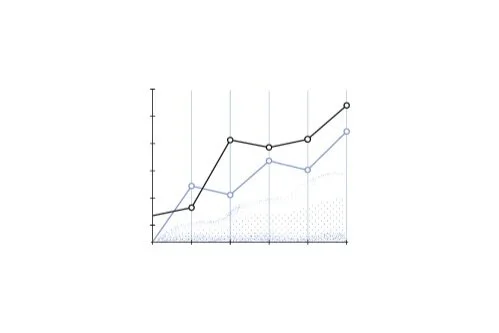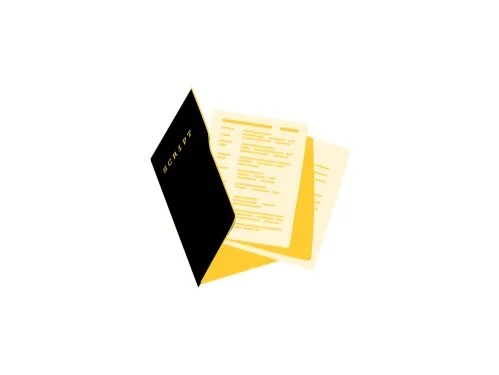RESEARCH.
My research papers on global fan communities surrounding K-Pop & Korean dramas have been presented at graduate conferences, cited in non-/academic articles, published in peer-reviewed academic journals & books, and shared & discussed across popular social media platforms. I am versed in mixed-methods research but specialize in qualitative research.
I’m actively leveraging my academic research toolkit and professional experience to be utilized in real user research environments—especially in the realms of online communities, pop culture, music, fashion, and entertainment.
wider research goals:
-
highlight online communities
-
improve on/offline experiences
-
craft user stories
-
unpack group values & practices
-
connect global communities
-
eliminate user pain points
my research toolkit:
my research.
k-pop fan competitiveness.
(Master’s in Asia Pacific Studies thesis w/ over 6,000 downloads, 2018.)
International K-Pop fans have demonstrated time and time again the extent of their support for their idols—from bulk-purchasing physical albums to spamming Twitter posts with fancams (just to name a few). But what if I told you that fans are more than just consumers, reactors, and promoters who are mere participants in a government-supported form of celebrity culture?
By conducting a hearty mix of actual fan discourse analyses, extensive surveys, interviews, and more, I attempt to unpack what competitive practices dominate the global fandom arena, what values trigger these competitive clashes, when these practices mutate into toxic ones, and whether or not fans take an active reflexive role.
And while K-Pop fans have become notorious for the toxic conduct of a few, the flip side of that dark intensity offers us a promising, alternative view of K-Pop fandom that deserves recognition. Fans have made significant, positive contributions that benefit and serve the global community outside of K-Pop—a feat truly worth highlighting.
k-pop fan lingo.
(Published in “Writing for a Real World: A multidisciplinary anthology by USF students”, 2016)
Cultural appropriation is an issue constantly at the center of heated discussions—appropriation of dress, symbols, and for this study, language. If you’ve been on social media, celebrities are usually at the center of this “appropriation scrutiny”. Certainly though, appropriation can and does extend past public figures.
These instances of appropriation can be seen in the growing international K-Pop fandom, specifically with the adoption of certain Korean words and phrases in the discourse of K-Pop fans who are non-native speakers. This study employs a mixed-methods approach (online discourse analysis, online survey, etc.) to determine the function and implications of language appropriation and slang created by fans.
When language borrowing, especially from a minority culture, there can be a clear disconnect between intended function versus unintended effect. Studies on interest-specific fan lingo (at the time of this study) are limited so this framework would not only be a progressive tool for K-Pop fans but for researchers/professionals interested in imagined communities and language use.
historical k-drama appeal for american viewers.
(Received 2017 Best Korea Paper Award at the UH Manoa School of Pacific and Asian Studies Graduate Student Conference.
Published in Yonsei Journal of International Studies, 2018)
For Americans caught in the ever-rising tides of the Hallyu wave, the craze doesn’t stop at Korean-Pop. Korean dramas have also enraptured US audiences, so it can be expected that the US K-Drama fandom (or part of it) is also infatuated with saeguk (Korean historical dramas).
But why is the American, non-Korean audience drawn to this form of entertainment centered on a complex history that is not their own? This study uses an extensive online fan comment analysis, online survey, etc. to uncover saeguk’s appeal and what this then implies for Korean production companies with their sights set on the US audience.
Other production companies wanting to promote historical content can also refer to these findings for an idea of which drama elements to prioritize. While historical dramas may not be everyone’s cup of tea, producing these dramas more than just creates a consumable pop culture product—it also immortalizes the stories, culture, history, and voices of not just the powerful, but the disenfranchised voices of the past.









